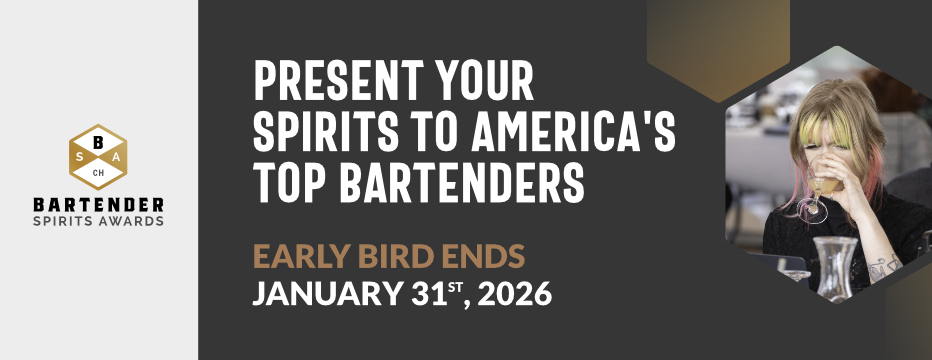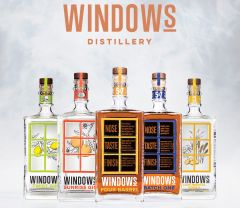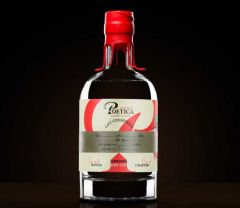Sommeliers Choice Awards 2025 Winners
Checklist on How to Pitch a Distributor
This latest checklist covers the most important factors that a winery, brewery, distillery or any brand owner needs to look at before approaching a distributor.

Selling alcohol brands through a distributor is the route to market for most small to medium wineries, breweries, and distilleries. Distribution firms make money from being the middlemen between the industry and retail by taking a margin as the brand flows through. They have a portfolio of brands from different categories and countries, most of which will be direct competition to you. So, you have to ask yourself, "How is my brand going to improve their portfolio?"
For wineries, breweries, and distilleries seeking distribution, the current wine market has never been harder. Most distributor already has overflowing portfolios and struggle to sell decent volumes of many smaller brands as it is, meaning they are keen to focus on growing their current brands rather than add more to their portfolio and dilute their focus.
Distributors want to represent professionally run producers who understand their own role in the supply chain as well as the distributor’s and come to the table in a position to start supplying product without any major hurdles. Unfortunately, far too often distributors find themselves explaining the ins and outs of the trade to a confused producer, providing him a list of things that need to be seen to before his wines will be considered ready for distribution – both frustrating and a waste of precious time. With several wineries, breweries, and distilleries approaching good distributors each week, the opportunity to stand out from the crowd is slim, so smart producers need to make sure they tick all the necessary boxes before picking up the phone and making an appointment.
This checklist simply covers the most important factors that a winery needs to look at before approaching a distributor.
Wineries, breweries, and distilleries that complete the checklist will be ready to discuss representation with distributors and find that they have a far better chance of signing with a distributor than those who wander in unprepared. It really is that simple.
Any alcohol brand that can’t tick all the boxes or is unsure how to approach a distributor should look at a guide for alcohol brands seeking distribution which covers this area in great detail. Having a great wine, beer, spirit is not enough to gain distribution - it certainly helps. The list of questions here covers the key areas of your business that a distributor will be interested in.
Answering 'no' to any question highlights an area of your business offer that needs to be looked at before you are fully prepared to approach a distributor.
Check List

This article was contributed by our friend who wants to be called "The Wine Rep". We are very thankful to discuss the distribution topic with them and have their check list. Source: TheWineRep.com
Not a BTN Member yet?
Get BTN Premium membership and have full access to articles and webinars on BTN + other benefits like:
Full Access to BTN Consultants
Full Access to Buying Leads
Post Unlimited Brands
Full Access to all Articles and Webinars
Full Access to BTN Live conferences presentations and speaker sessions
Discounted rates to exhibit at major partner events and conferences
And Much More...
Your BTN membership will reduce your trial and error time: Why experiment with your branding and distribution when you can fast-track your time to success? Get 'How to do it' content which will help you improve your sales and grow your distribution. Just one article can help you make better decisions and improve your distribution strategy. Try it














.jpg)








